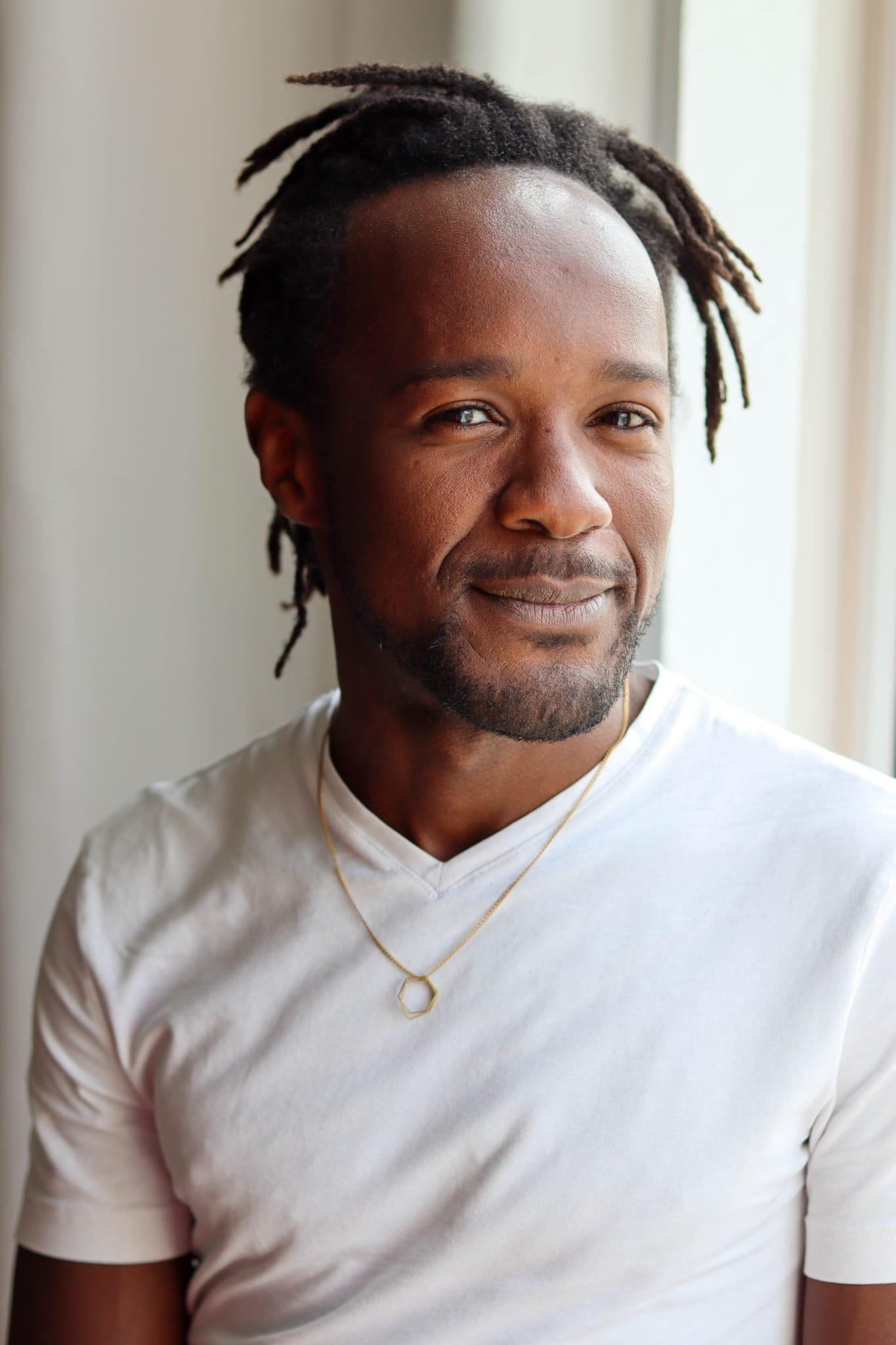Kugali Media began its life as a passion project, and a podcast. Three friends – Hamid Ibrahim, Olufikayo Adeola (often known as Ziki), and Tolu Olowofoyeku – were massive fans of comic books, so they started to interview African and African American creative artists.
After many discussions, this led to the idea of publishing an anthology; a collection of graphic novels, called Kugali, which showcased artists and writers from across Africa. This project was enormously successful, and the project expanded into a business, which has since taken shape as the world’s leading African comic book publisher, and also as a creative agency.
In early 2019, the founders featured in a BBC News video, in which Hamid said “I keep telling people this and they laugh at me, but we’re going to kick Disney’s ass in Africa.”
Hamid’s comment reached – and intrigued – the chief creative officer of Walt Disney Animation Studios, Jennifer Lee. The result was more than a speculative pitch: Lee greenlighted an afrofuturistic sci-fi series called Iwájú, to be written and co-directed by Ziki Nelson.
Set in a futuristic Lagos, Nigeria (Iwájú means “-future” in Yoruba), it is Disney’s first co-creation with an outside studio in 100 years. It’s due to be released in 2023.
It’s an astonishing story but it doesn’t surprise Kugali’s new CEO Danson Njoka.
“The big studios had recognised that they need do things differently,” he says. For Kugali and Disney, the project represents an entirely new way of working. Disney will be learning how to tell African stories, and Kugali will be plugging into the best animation and creative infrastructure in the world.
But with so many possible avenues for growth to pursue, Njoka identified a need for development and structural growth. An engineer by background, he participated on the SUI endorsed British Library’s Innovating for Growth programme which since 2012 has supported more than 600 London-based businesses. “We wanted to go through the exercise of evaluating our options and also understanding the capabilities that we would need to develop,” he says. “Some of the modules were very, very useful – and in the midst of so many things, it was good to talk it through with experts and other entrepreneurs.”
Now, Kugali is positioned as “an entertainment company which is first and foremost a platform for African storytellers,” he says.
The publishing arm of the business produces comics and graphic novels, generating its own IP but also providing a publishing service.
“We enable artists on the African continent who want to tell their stories through the media of comics, graphic novels and animation. We’ll help to shepherd and develop their stories with editorial and creative support as well as our understanding of the marketplace.”
Njoka says that Kugali is “on the cusp” of signing a multi-book deal with a major US publisher which will then create and develop books with African writers and artists for international distribution.
Kugali also has a creative services division, providing its artistic and story-telling capabilities to clients such as Snapchat in the UK using Augmented Reality. (One example of Kugali’s creativity: visit Wembley Stadium and on your phone you can see virtual statues of black British football players).
Then there is the licensing and sale of Kugali’s IP for adaptation for animation and live action films, TV distribution and merchandising. It’s a longer-term play but a highly lucrative one if Kugali gets it right. “We’re an IP-first company and building our slate,” says Njoka. “As a studio, we aim to have a portfolio of stories that are known and told around the world and down through the years.”
Another important initiative is a new training programme, called “the Kugali Academy”, which will develop and nurture pan-African talent, as many industry professionals on the continent are self-taught. “It will create a pipeline of talent for our own business but we also see a significant opportunity to be industry leaders, shaping and developing training on the African continent.”
The Kugali Academy is expected to launch in the first quarter of 2023. “An immediate challenge is to have a strategy that works across the African continent, so we’ll pilot it in four countries,” says Njoka.

“We will create a pipeline of talent for our own business but we also see a significant opportunity to be industry leaders, shaping and developing training on the African continent.”
Hamid Ibrahim, Co-Founder
